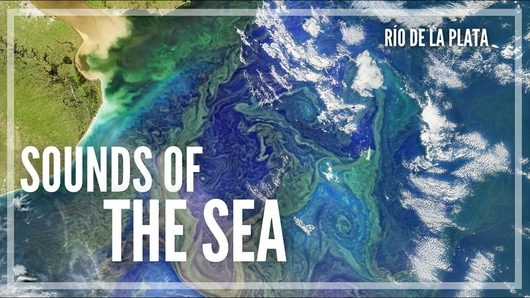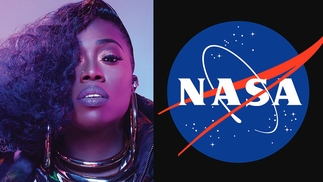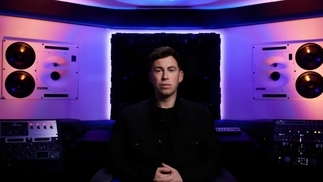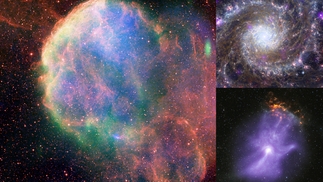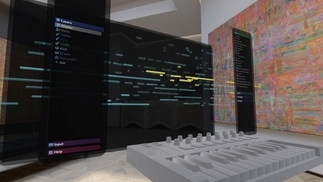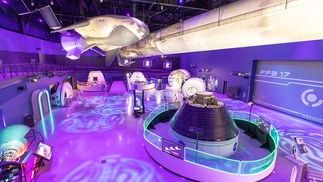NASA scientist and brother create music from the ocean’s colour data: Listen
Dive into the swirling sound of Río de la Plata, an estuary in South America
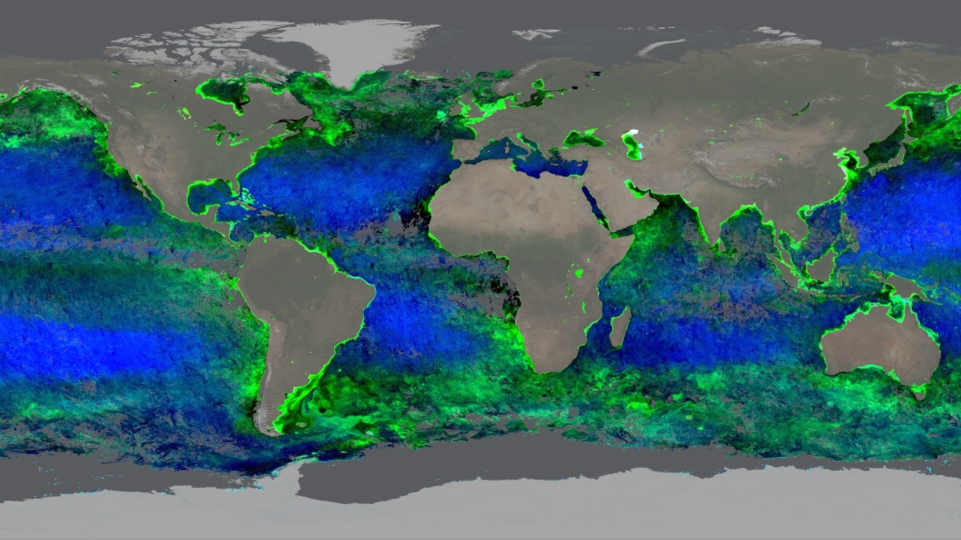
A NASA scientist and his brother have created music from the ocean’s colours.
Ryan Vandermeulen, a scientist at the Ocean Ecology Lab at NASA's Goddard Space Flight Center, worked alongside his computer programmer brother on the ambitious project that melds ocean colour data with musical notes.
The OceanColor Web program aims to provide an "immersive experience into the ocean imagery Goddard scientists study every day in an effort to understand the complexities of a large, changing ecosystem," according to the Ocean Ecology Lab. Vandermeulen was inspired to launch the project after being impressed by an ocean colour image of Río de la Plata, an estuary formed of the Paraná and Uruguay Rivers in South America, and wanting to capture its sound.
“I started by extracting transactive data from satellite images. I looked at the patterns of the red, green, blue channels. Clearly, they weren’t travelling in the same direction. There was something there. The data itself, you’re listening to it as it exists. The variations are creating a natural palette for the ear,” Vandermeulen said in a press statement.
His brother, Jon Vandermeulen, was recruited to design an interface that could transpose the ocean colour data into musical notes, which was ultimately imported into GarageBand using the Spektune app (which allows anyone to import data to create music for free).
“We wanted to tell a story to appreciate the connectivity of our Earth’s ocean through this aural sonic experience. We use music because it’s engaging and dynamic and connects us across a wide variety of backgrounds,” said Vandermeulen.
Dive into the ethereal sound of Río de la Plata below, which sees blue light (Rrs-443 and Rrs-469) pick an acoustic guitar, while green light (harp) and red light (bass) sculpt the rhythmic backbone.
NASA is proving to be a reliable source of music-related stories, having recently acquainted us with an audio recording of a black hole, as well as revealing that Mars has two speeds of sounds.

